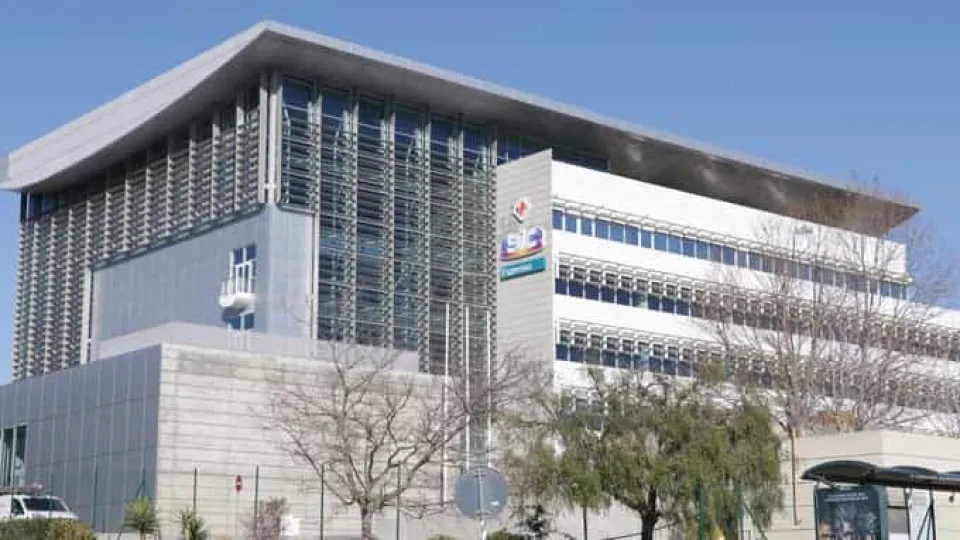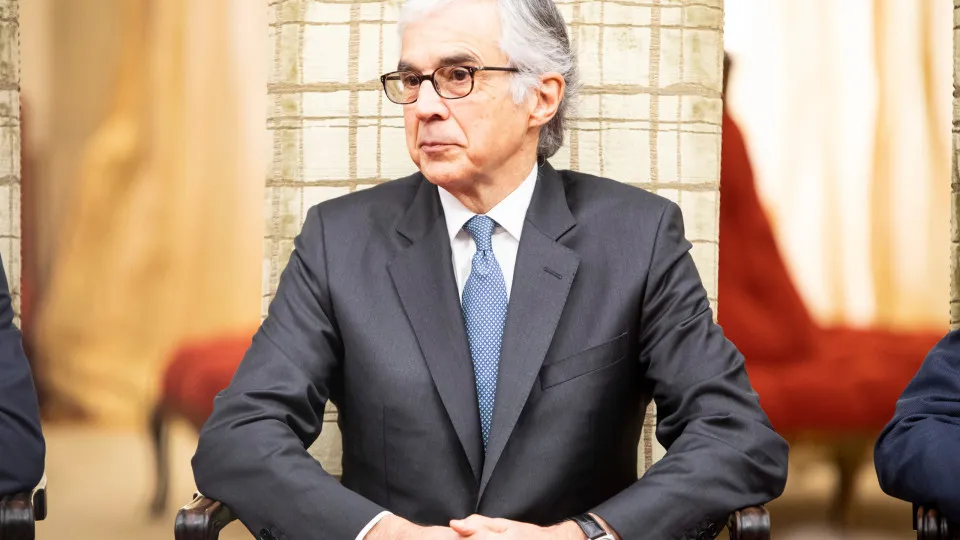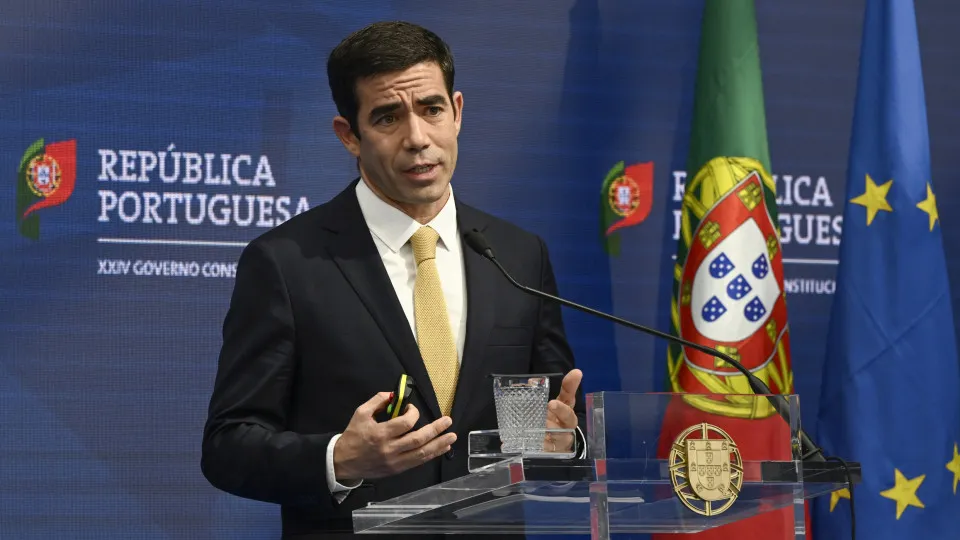
The media group Impresa announced on Wednesday that discussions with the MFE group are underway for up to 33% of its capital, though no binding agreement has been reached, according to a statement to the Portuguese Securities Market Commission (CMVM).
“Following the announcements made on September 27 and 28, 2025, Impresa confirms ongoing negotiations with the MFE group, although no binding agreement exists between the parties at this time,” the statement read.
It further clarified that, “despite the final terms of the agreement still being discussed, the negotiations are currently focused on acquiring a minority stake, not exceeding 33% of the share capital, by an MFE group entity through a capital increase in Impresa.”
The possible completion of the transaction will be subject to, among other conditions, the CMVM’s review of the contractual instruments formalizing the transaction and the CMVM’s confirmation that it does not necessitate a public acquisition offer.
“Should privileged information arise, a market announcement will be made in compliance with Article 29-Q of the Securities Code and Regulation (EU) No. 596/2014 of the European Parliament and of the Council of April 16, 2014, as amended,” Impresa added.
Francisco Pedro Balsemão emphasizes the importance of partnerships
The CEO of Impresa, Francisco Pedro Balsemão, stated on Tuesday that partnerships are crucial, citing existing examples within the group.
He spoke during the round-table discussion on “sustainability and the digital future,” part of the conference “Media Communication and the Digital Future: 20 Years of Regulation,” held at the Oriente Museum in Lisbon.
“Partnerships are crucial; we have partnerships,” said the CEO of SIC and Expresso.
“We have significant partners like, for instance, in the Expresso area, we offer a package with The New York Times, and in audiovisual production, we have partnerships with Amazon, and more recently with Disney Plus,” he enumerated.
Balsemão also acknowledged the group’s national partners and its involvement in associations like PMP. “We always believe in partnerships,” he emphasized.
Referring to the media groups present, he continued, “Those at this round table have always anticipated future trends, as well as the best trends in consumer habits over the years or over many decades,” recalling that the group was first to launch the first private television in Portugal, among other achievements.
He affirmed that there will be a continued focus on content monetization through advertising.
When asked about the future of paper, Balsemão replied, “In our view, as long as there is someone for whom it makes business sense, to print and distribute paper, someone who wants to read, we will continue printing.”
The CEO also pointed to challenges related to paper, including distribution monopolies in printing, which make it difficult, “but paper will remain an essential part of the reading habits of news enthusiasts.”
“Whether it is digital, audio, or paper, the format has to make business sense,” he stated.
Preparing for his participation, Francisco Pedro Balsemão revisited comments from his late father, Francisco Pinto Balsemão, during ERC conferences in 2007 and 2008.
“The old regulatory style is no longer suitable for overseeing an indefinite number of service providers, both professional and amateur producers of linear and nonlinear content, ‘on-demand’, in social networks, blogs, etc., not to mention the dominant role of search engines that often abusively use our content without producing their own and absorb more than 50% of global online advertising,” Balsemão read, quoting his father’s 2008 speech.
“Again, I say that traditional media cannot be the ones to bear the cost just because it’s easier to legislate against them, granting regulatory bodies powers of intervention,” he added, highlighting the ongoing relevance of concerns raised by Francisco Pinto Balsemão.
“Preserving the brands is vital for the future of the media, but it is incompatible with outdated views from states, regulators, the European Commission, and the European Parliament, which continue to push restrictions on advertising in traditional media. Meanwhile, in the ever-changing real world, search engines and similar entities are appropriating advertisers, infringing copyright laws, and hindering the strengthening of credible and established brands,” the Impresa founder said in 2008, as cited by his son.
In closing the conference, ERC’s Regulatory Board Chair Helena Sousa announced the approval of the Mário Mesquita Award, which will recognize academic research.
“This award fits into one of our strategic goals — fostering closer ties between ERC and knowledge centers. It is an honor to do so, inspired by our colleague and professor Mário Mesquita […], who remains a pivotal figure in media regulation,” she stated.
[Updated at 3:01 PM]




